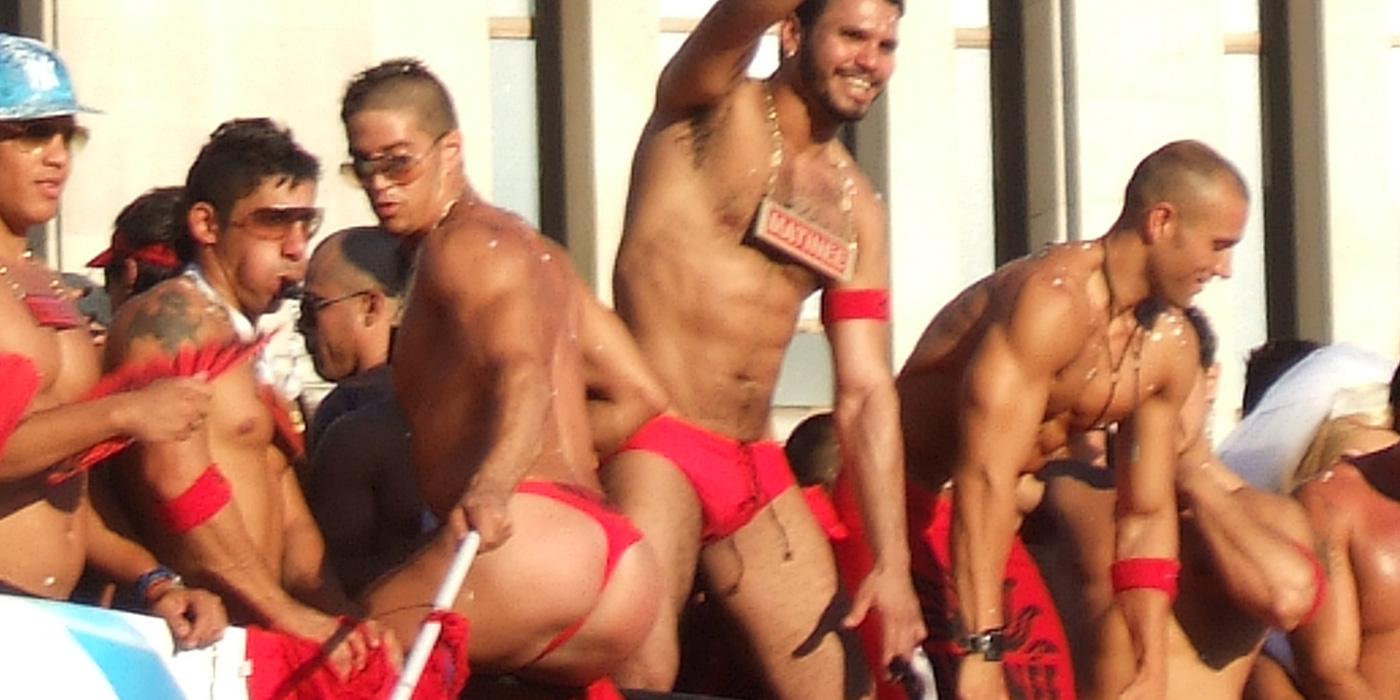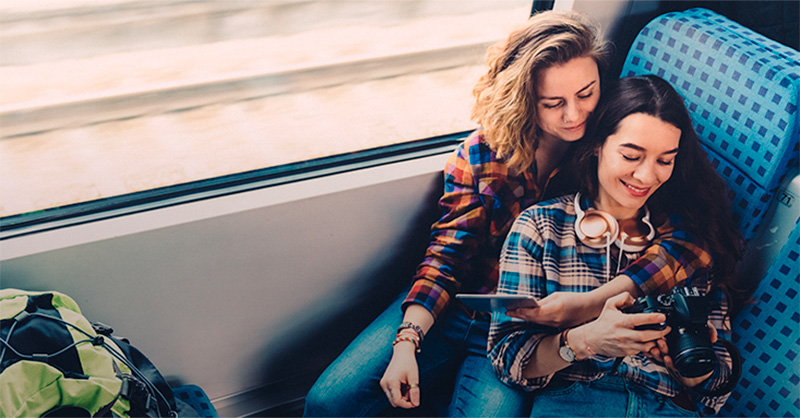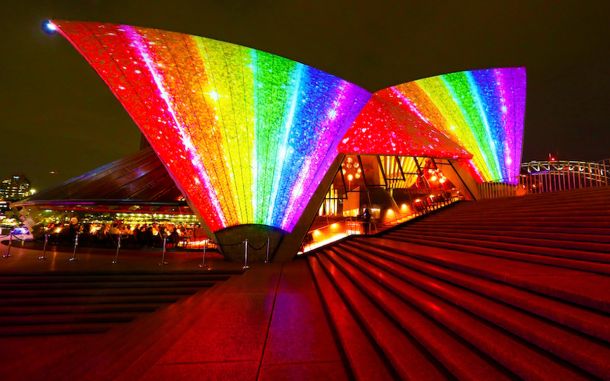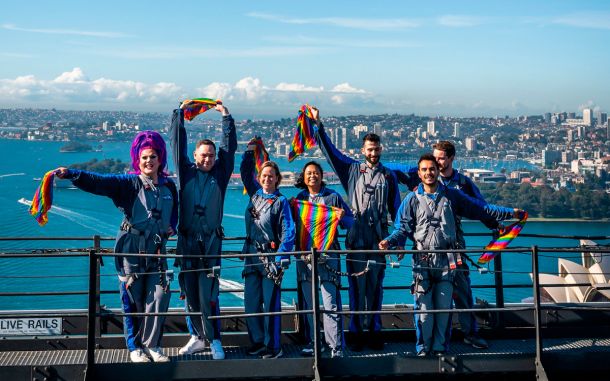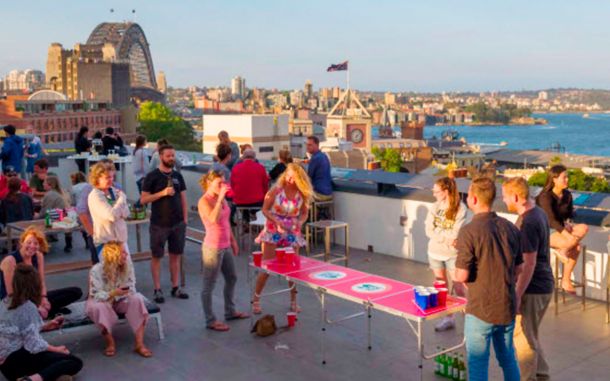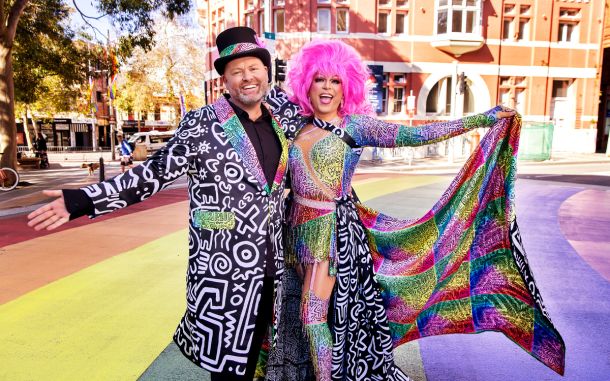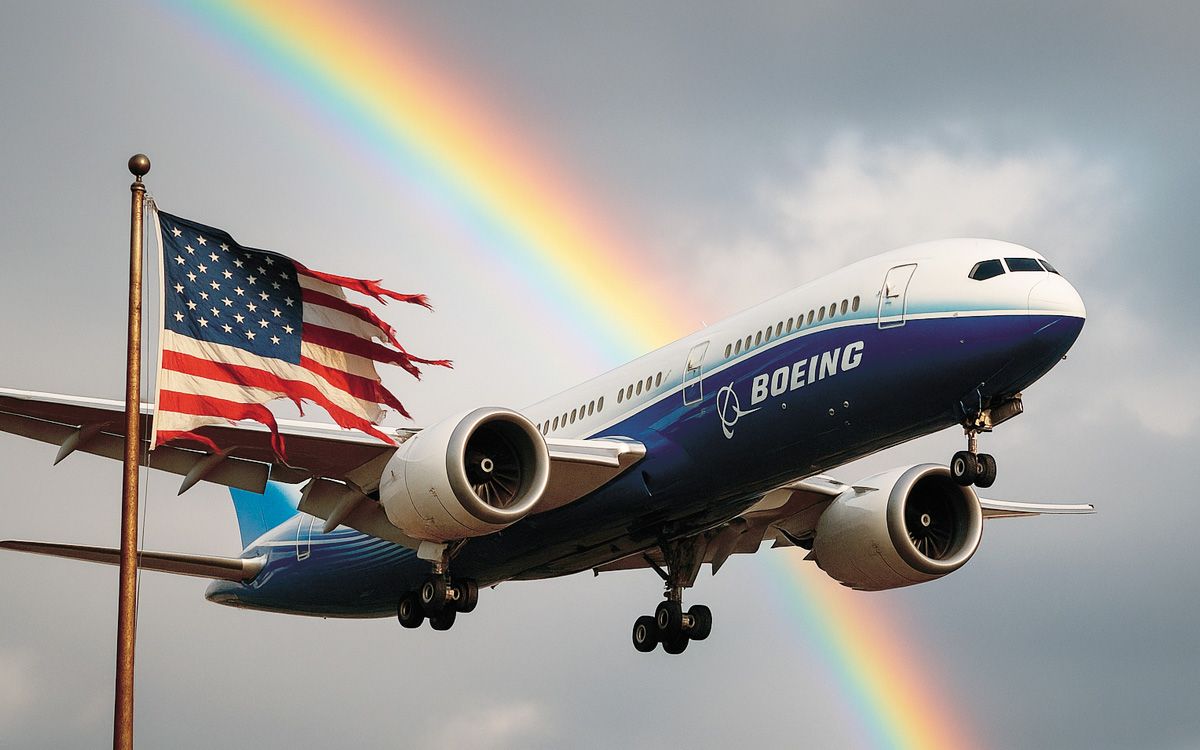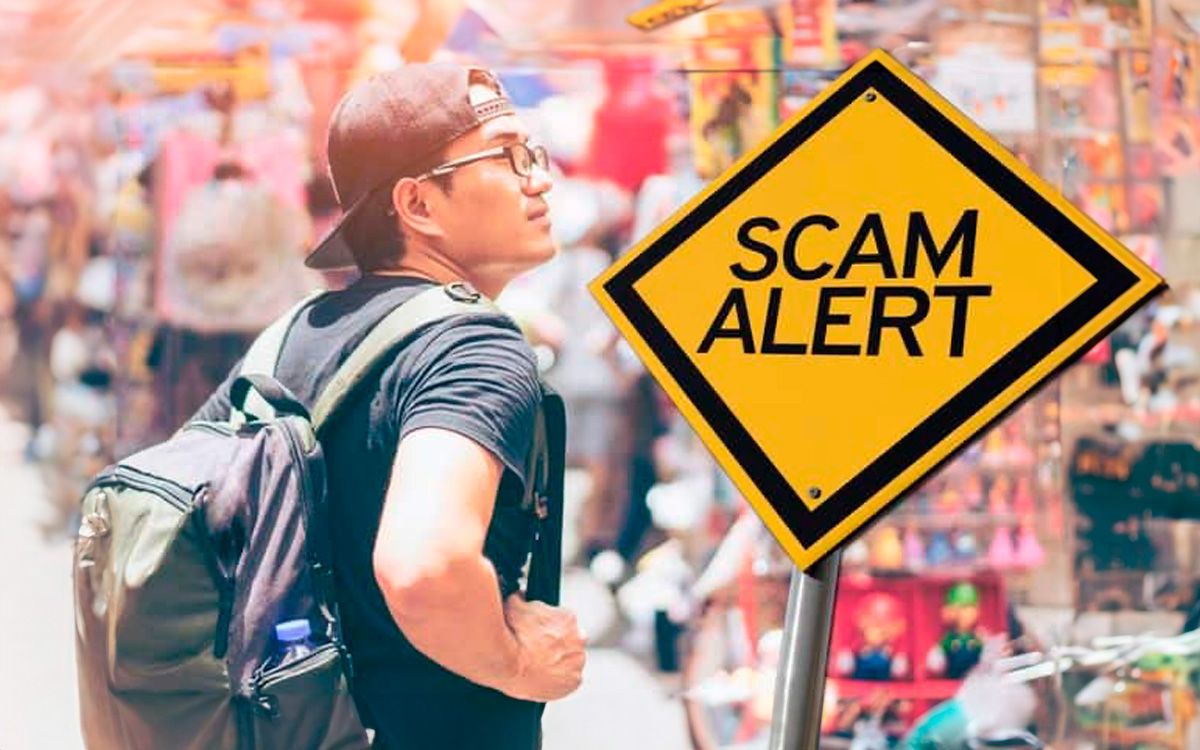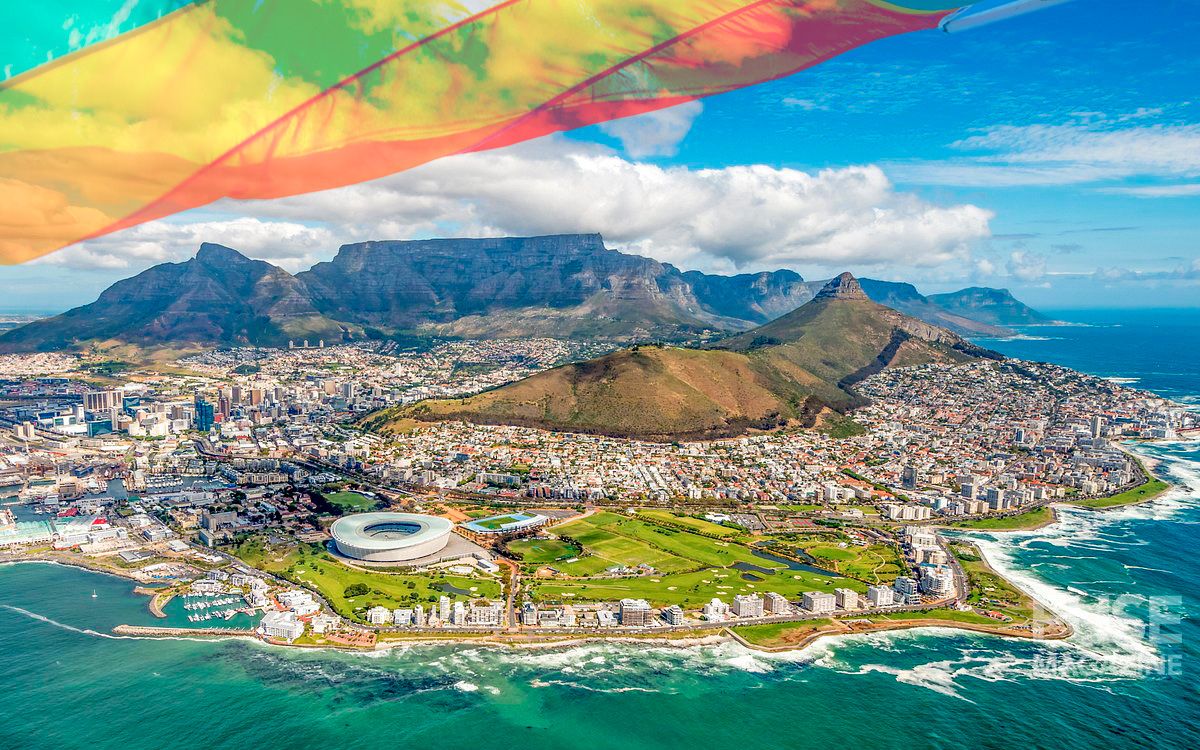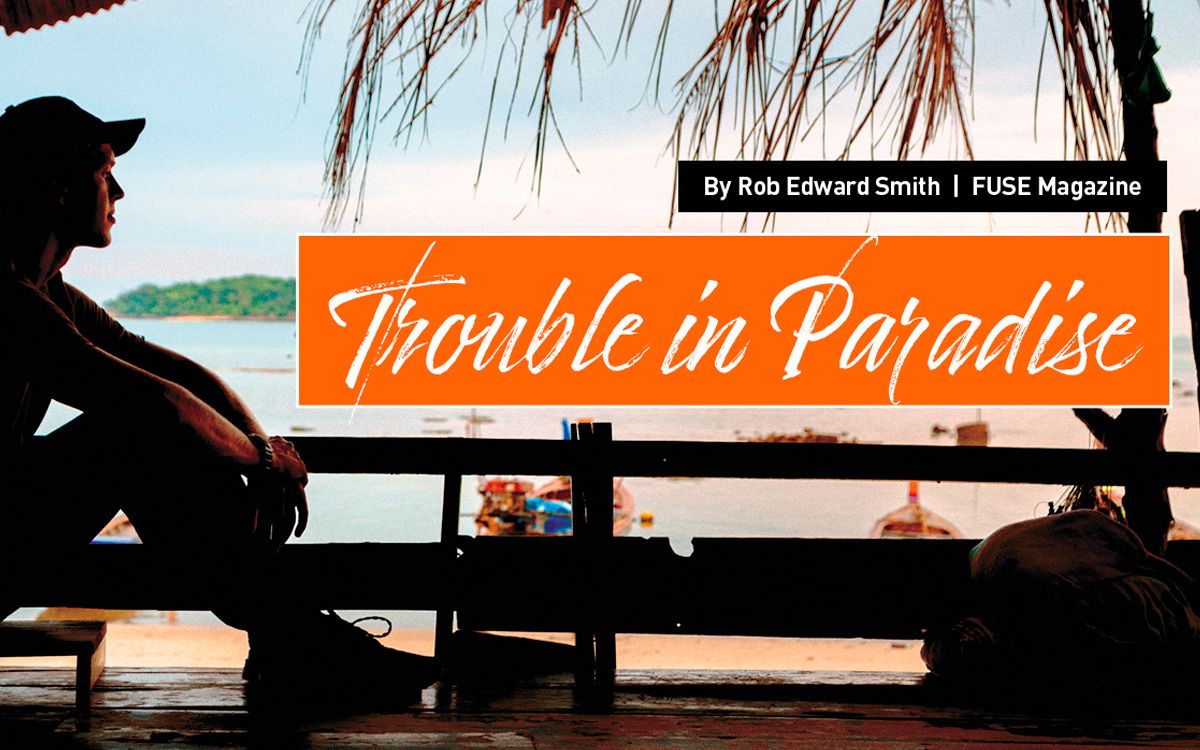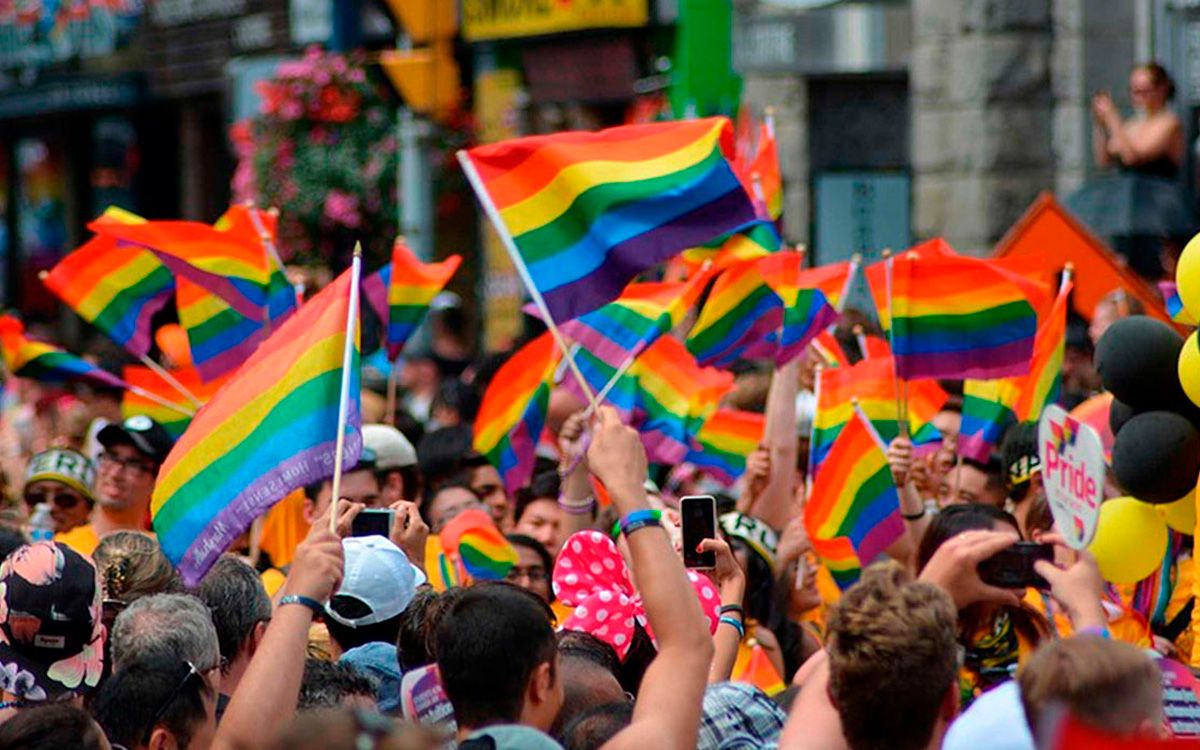Caution and Confidence for LGBTIQ+ Travellers

With a mission to make it easier for everyone to experience the world, regardless of who they love or how they identify, Booking.com’s most extensive LGBTIQ+ travel research to date spotlights the steady progress, as well as the recent setbacks, for these communities when it comes to travel.
Despite the travel industry’s growing recognition of the scope and variety of LGBTIQ+ experiences, many travellers today still face enormous challenges. With a background of polarizing political decisions in the past 12 months, personal safety has never been more of a focus, with four-fifths (80%) of LGBTQ+ travellers reporting that they must consider their safety and wellbeing as an LGBTIQ+ person when picking a destination – up significantly from 64% last year. This also increases for intersex (90%), genderfluid (90%), transfeminine (89%) and transmasculine (87%) travellers.
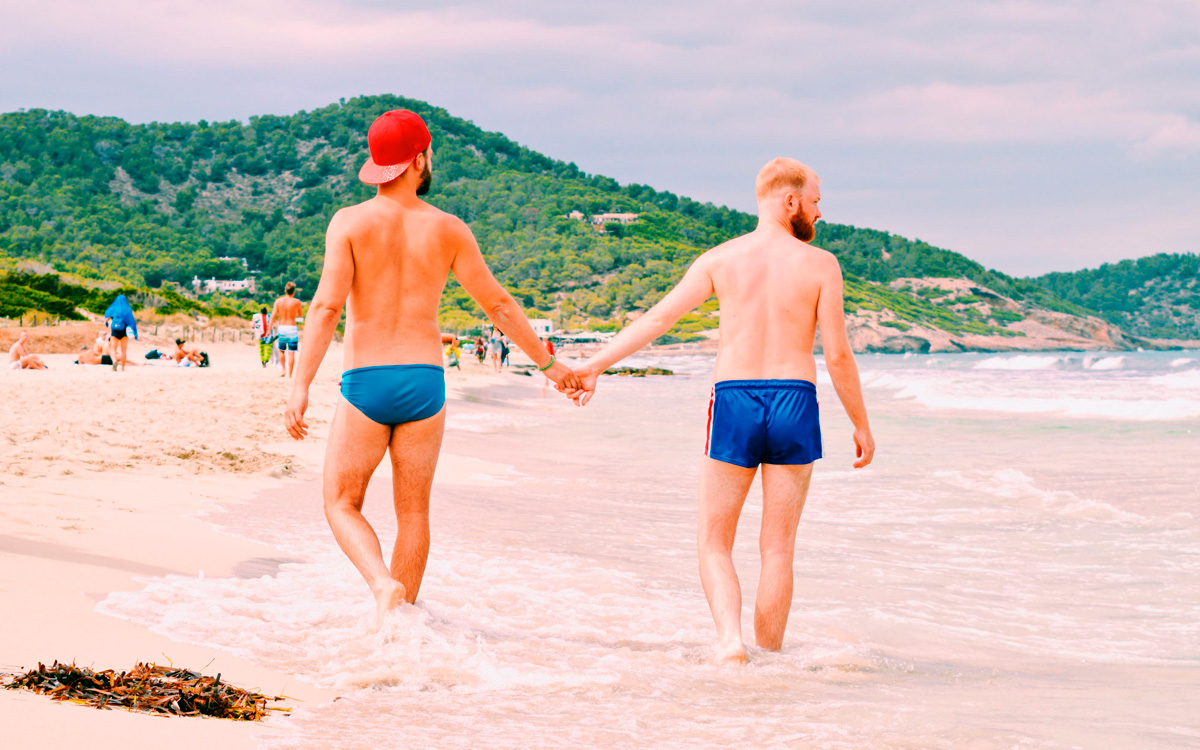
Conducted amongst 11,555 queer travellers across 27 countries and territories around the world, the extensive study shows that mainstream news – from issues around recent major world sporting and music events to celebrity and corporate sponsorships – has put discriminatory legislation and views in the spotlight for many, impacting considerations around vacation decisions. Nearly three quarters (71%) of respondents admit that controversy in the news around attitudes, discrimination and violence towards people who identify as LGBTQ+ has had a big impact on their choice of destination, with LGBTIQ travellers from Australia (84%), Hong Kong (82%) and the US (79%) indicating that they are the most cautious.
A regressive revolution
This step backwards means that personal safety is now an increased point of discussion for LGBTIQ+ people when planning travel, particularly among those who are transgender. Worldwide, there are still 64 countries that criminalize same-sex relationships – including 11 where the death penalty can be imposed – meaning destinations like these are out of the question for the majority of queer travellers, despite some playing host to major global events. Nearly two-thirds (64%) say that some destinations are completely off-limits, rising to 74% for transgender travellers who reportedly face a disproportionately higher rate of discrimination and violence around the world. Even after booking trips, LGBTQ+ travellers remain vigilant, with two-fifths (41%) having cancelled a trip in the past year after seeing a destination not supporting those who identify as LGBTIQ++, rising significantly to 63% for those who are transgender.
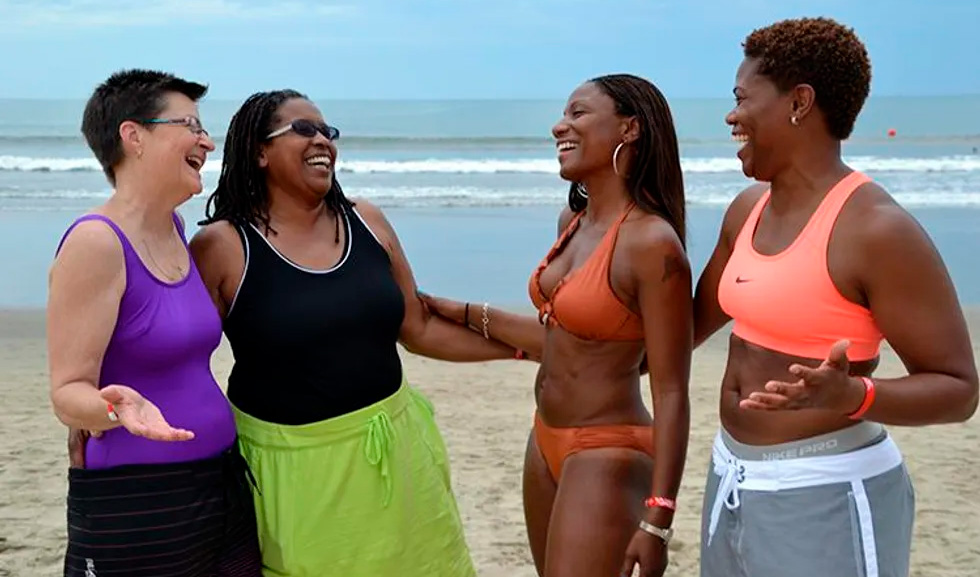
Discrimination remains a key concern across the entire travel experience, with the majority (58%) of respondents having experienced discrimination when travelling, increasing to 86% of transfeminine and 83% of transmasculine travellers. Out of all LGBTIQ+ travellers:
- 29% reveal that they have been subjected to stereotyping, rising to 51% for genderfluid or genderqueer travellers
- One in five (20%) say they have been stared at, laughed at or verbally abused by other travellers. This is highest amongst pansexual travellers (26%) and lesbian travellers (23%)
- A similar number (18%) share that they have faced the same but by locals at their travel destination, rising to 23% for lesbian travellers and 22% for both queer and pansexual travellers
- While 13% report that they have been threatened or intimidated by local law enforcement, this rises to nearly one in three (32%) for intersex travellers and nearly one in four (24%) for transgender travellers
For those who are transgender, travel can come with additional barriers, for example, if their gender identity, name or appearance does not match that of their passport. While 62% of queer travellers admit that being an LGBTIQ+ person has impacted how they present themselves in terms of their clothing and make-up choices while travelling, this increases to three-quarters (75%) for those that identify as transgender. What’s more, while 19% of LGBTIQ+ travellers have had someone incorrectly assume their gender or pronouns, twice as many (38%) transgender travellers have experienced this.
While travelling can instil a sense of freedom and self-expression, a significant proportion of LGBTIQ+ people still feel restricted. Almost a third (32%) have felt that they need to change their behaviour to avoid judgment or awkward interactions with others (up from 22% in 2022), while 25% have felt they need to change their appearance to avoid the same (up from 16% in 2022). This affects the younger generation the most, with 40% of Gen Z LLGBTIQ+ travellers feeling they need to change their behaviour and 32% feeling the need to change their appearance.
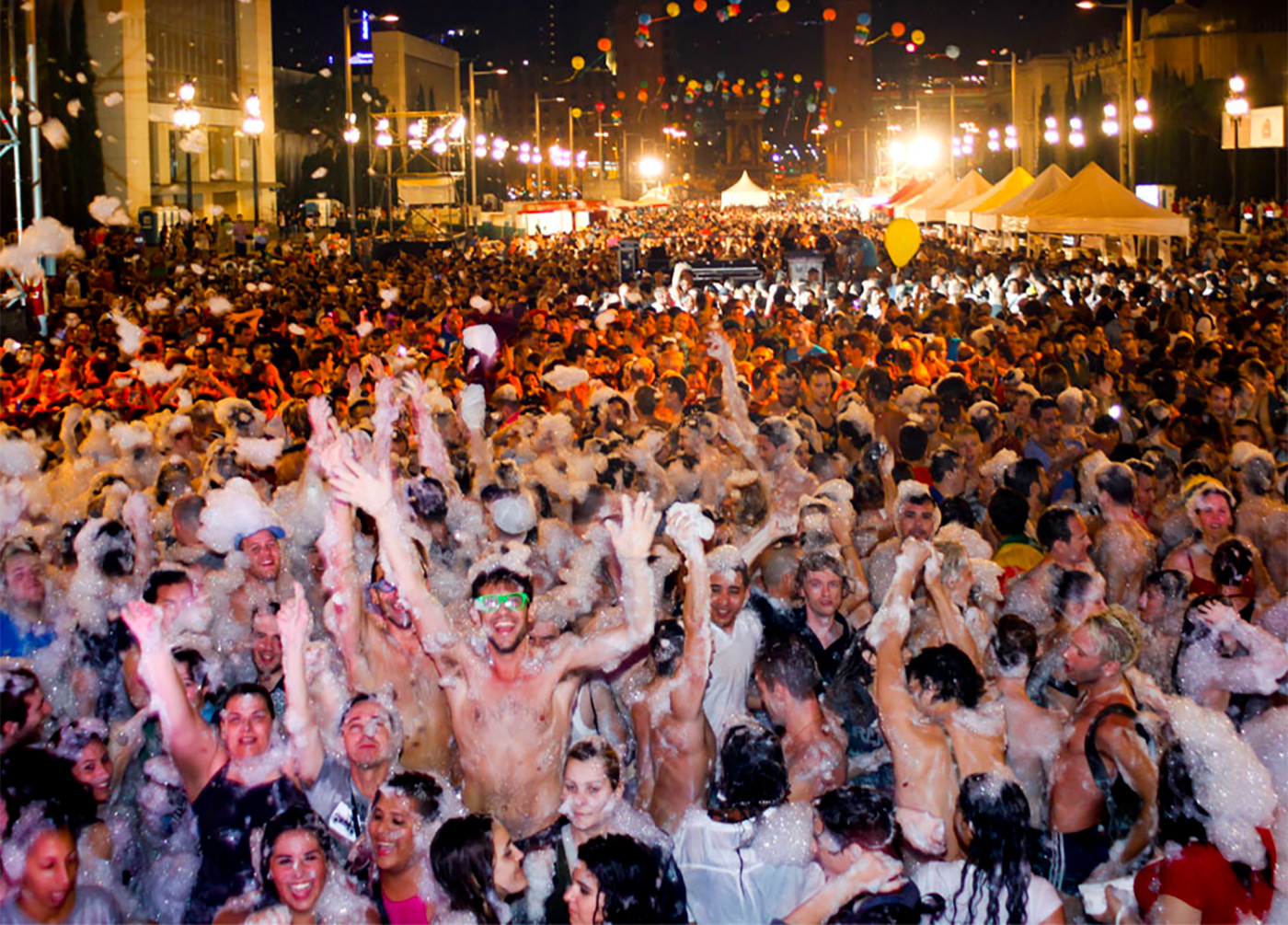
Even travelling to destinations where they feel there is adequate legislation to protect their rights, a proportion of queer travellers still feel uneasy across the entire trip experience – especially versus those destinations with less than adequate legislation. For example:
| LGBTQ+ travellers who feel uncomfortable in destinations with adequate legislation: |
LGBTQ+ travellers who feel uncomfortable in destinations with less than adequate legislation: |
|
|
While going through airport security |
13% |
23% |
|
While hailing a taxi |
15% |
24% |
|
While eating outside of their hotel |
8% |
21% |
|
While showing ID for events |
12% |
23% |
|
While going out late in the evenings |
18% |
31% |
|
While participating in guided tours with groups of other tourists |
11% |
20% |
Transforming caution into confidence
While personal safety concerns have a key impact on destination choices for LGBTQ+ communities at large (39%), other key motivations for travel play a very strong role, with beautiful natural scenery (49%), tasty local cuisine (45%) and great beaches (40%) rounding out the top elements that have the greatest impact on destination choices.
Despite the headlines and significant challenges that persist in many destinations, 71% feel that their experience of being LGBTQ+ actually makes them more confident as a traveller (up from 62% in 2022), with transfeminine (83%) and transmasculine (81%) the most confident travellers out of the different LGBTQ+ gender identities. It’s also refreshing that, when it comes to experiences on vacation, 83% of LGBTQ+ travellers feel confident to partake in any activities they want. The majority of LGBTQ+ travellers (65%) are more likely to seek out attractions and activities that are tailored to people identifying as LGBTQ+. For example, Booking.com has a range of queer-specific activities available to travellers around the world, from guided walks around the vibrant streets of the Marais in Paris and Asakusa and 2-Chome in Tokyo to an informative tour in New York documenting how LGBTQ+ communities have helped shape the Chelsea district into the thriving urban neighbourhood that it is today.
Positive travel experiences are proving far more common too and, no doubt, increasing the confidence of LGBTQ+ communities. Over four-fifths (82%) of LGBTQ+ travellers say they have experienced some form of positive interaction, and specifically when it comes to those interactions with places to stay:
- 42% have had friendly and informative correspondence with the accommodation ahead of arrival (up from 25% in 2022)
- 47% of travellers say they have had great first impressions on arrival such as welcome drinks and friendly staff (up from 31% in 2022)
Active allyship in the travel industry
The travel industry is clearly playing a part in shifting attitudes and perceptions. Nearly four-fifths (78%) of LGBTQ+ travellers feel more comfortable travelling due to the increased inclusivity of the travel industry, increasing to 87% for genderfluid or genderqueer travellers. What’s more, 78% of LGBTQ+ travellers actively enjoy the experience of booking trips – only 5% less than Booking.com’s Travel Trends research which spoke to all travellers.**
Still, the research shows there’s much more to be done to meet the needs of LGBTQ+ travellers. While guidance and information on the local area at check-in is common (40%), being offered LGBTQ+-specific guidance is much less frequent, with only 16% having experienced this. One-third (34%) would like to receive information on the LGBTQ+ status of the location, such as local laws, religious sensibilities and tips on where to go to be safe, rising significantly to 51% for travellers who identify as trans* and genderfluid or genderqueer.
There is a clear need for travel companies to show up as allies to implement policies that are inclusive and welcoming for LGBTQ+ travellers:
- 65% research travel brands and experiences before they travel to understand the role they play in supporting people who identify as LGBTQ+
- 66% say they are more likely to book travel and experiences with brands that are LGBTQ+ owned than those who are not (up from 55% in 2022), with queer (73%) and pansexual (71%) travellers more likely to do so
- 69% agree that they are more likely to favour airlines and brands with inclusive policies (e.g. gender neutral uniforms), rising to 86% for transmasculine and 83% for transfeminine travellers
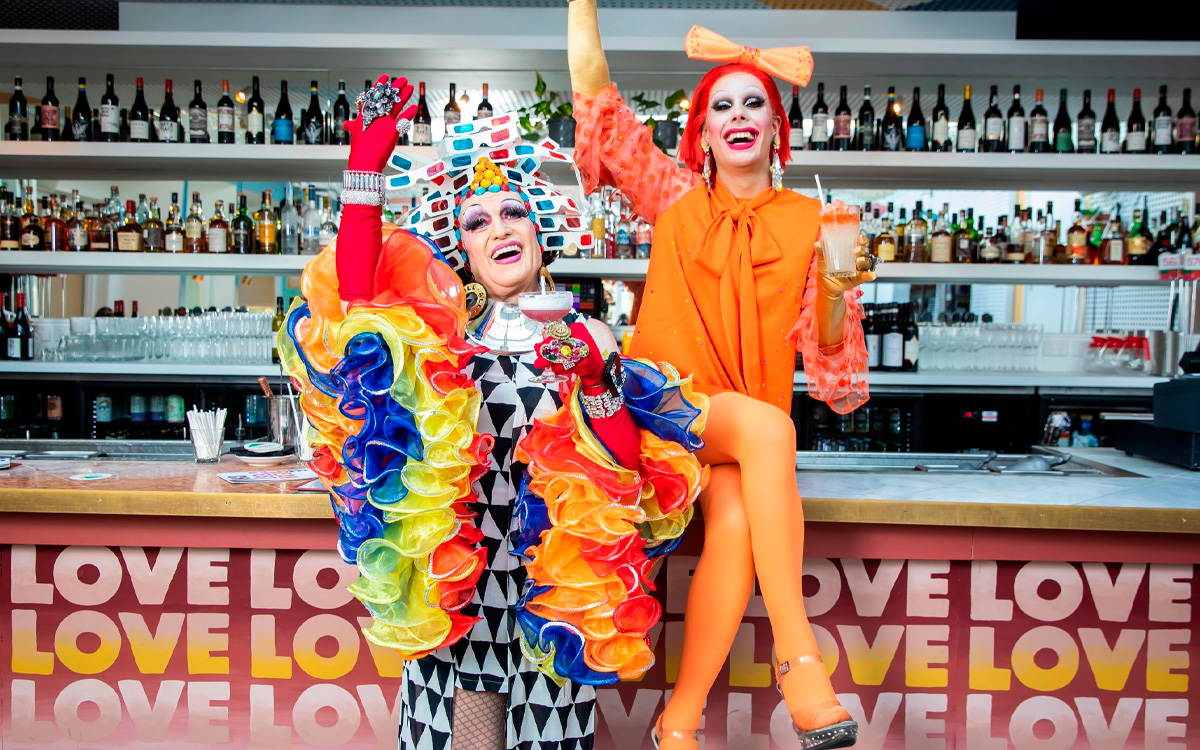
Since launching in 2021, Booking.com’s Travel Proud program provides free inclusive hospitality training for accommodations to help them gain a better understanding of the specific challenges faced by LGBTQ+ travellers, as well as what can be done to make every guest feel more welcome, regardless of where they come from, who they love or how they identify. The training is now available in English, Italian, French, Spanish, Brazilian Portuguese and German, with training sessions available in all languages at least once a week. There are now more than 24,000 certified properties globally on Booking.com, with welcoming Travel Proud stays available in 118 countries and territories and over 7,030 cities.
“In a world of increasing contradictions and instability, it’s no surprise that the LGBTQ+ travellers of today are simultaneously more cautious and more confident,” says Arjan Dijk, CMO and Senior Vice President at Booking.com. “I understand the self-confidence that comes from growing up and learning to navigate the world as a gay man, as well as the extra thought and consideration for safety and well-being that we see LGBTQ+ travellers continuing to grapple with in this research. At Booking.com, we believe that everyone should be able to experience the world as themselves, always. While visibility, understanding and acceptance of LGBTIQ+ people have come a long way in recent years, we can’t take that progress for granted. The travel industry should strive to be a beacon of inclusion, helping foster an environment where everyone can flourish and thrive, whether exploring closer to home or travelling to the other side of the world.”
